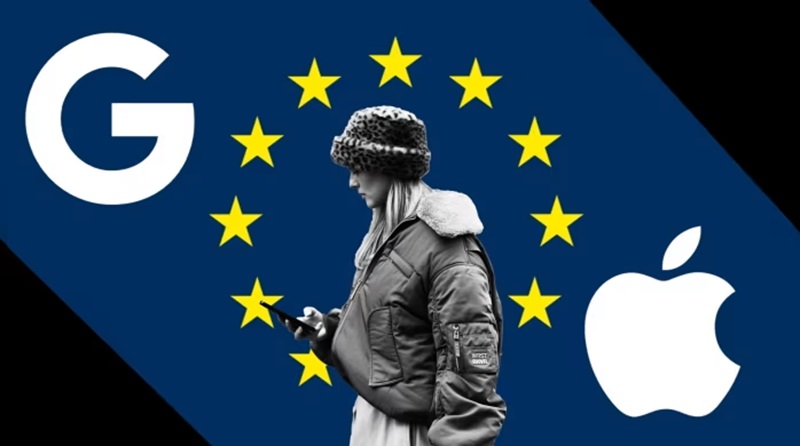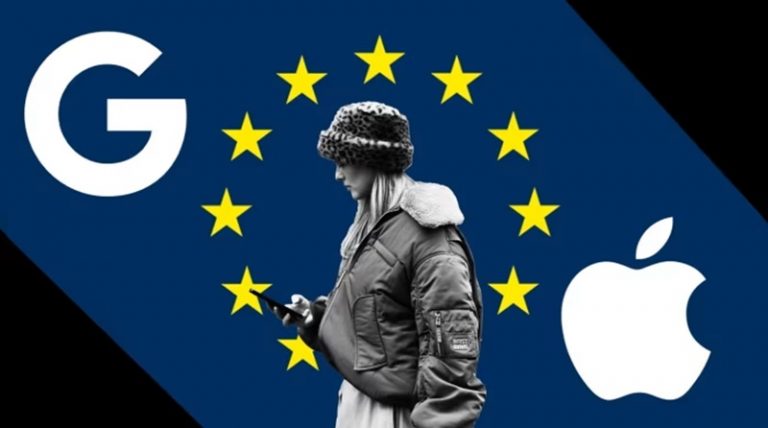UK Competition Appeal Tribunal Hands Apple $2bn Fine For Abuse Of Dominant Market Position


Apple has spent years battling lawsuits and fines from governments over its App Store policies. Now, a new collective-action lawsuit in the United Kingdom has added another $2 billion to the company’s mounting legal troubles, underscoring the growing pressure US tech giants face from regulators in both the UK and the European Union.
The UK Competition Appeal Tribunal ruled that Apple abused its dominant market position by imposing what it described as “excessive and unfair” commission fees on app developers, which in turn inflated costs for consumers. The lawsuit—filed by British academic Rachel Kent on behalf of 20 million iPhone and iPad users—accuses Apple of charging unjustifiable fees through its App Store, where developers pay up to 30 percent on all transactions. The court awarded up to £1.5 billion ($2.01 billion) in damages, potentially translating to about £75 ($100) per claimant.
Apple said it would appeal the ruling, arguing that its App Store model ensures security and privacy for users. “Eighty-five percent of developers pay nothing,” Apple said in its defense, maintaining that its fees are consistent with global standards and support app distribution and platform maintenance. The hearing to determine the compensation structure is scheduled for next month.
Register for Tekedia Mini-MBA edition 19 (Feb 9 – May 2, 2026): big discounts for early bird.
Tekedia AI in Business Masterclass opens registrations.
Join Tekedia Capital Syndicate and co-invest in great global startups.
Register for Tekedia AI Lab: From Technical Design to Deployment (begins Nov 15th).
The UK case adds to a growing wave of legal challenges confronting Apple, Google, Meta, and other US tech companies in Europe. Regulators in Brussels have intensified enforcement of the Digital Markets Act (DMA) and Digital Services Act (DSA)—laws designed to break up digital monopolies and increase transparency in online platforms. Earlier this year, the European Commission fined Apple $580 million for failing to comply fully with the DMA, citing restrictions that still prevented fair competition among app developers. Apple has appealed the fine, claiming the EU’s interpretation of compliance “misunderstands how app ecosystems function.”
Meanwhile, Apple recently lost a long-running antitrust case against Epic Games in the United States, which forced the company to loosen rules on third-party payment systems. Although Apple made changes to align with the EU’s new laws, regulators concluded that the company’s steps were insufficient, with European Competition Commissioner Margrethe Vestager warning that Apple could face additional penalties if it continues to “self-preference” its own services.
Across the Atlantic, tech companies are also facing intensifying scrutiny. In the UK, regulators have expanded investigations into Google’s advertising dominance and Meta’s data handling practices, particularly how they intersect with user privacy and competition laws. The UK Competition and Markets Authority (CMA) recently announced a probe into Google’s control over ad data, suggesting that the company’s dominance may stifle smaller competitors.

Meta, too, is under pressure in Europe. The European Commission said last week that Facebook and Instagram failed to meet their obligations under the DSA to give researchers meaningful access to public data. The Commission accused Meta of using “deceptive interface designs” and imposing “burdensome procedures” that discourage transparency, potentially violating EU law. TikTok faced similar accusations, with regulators arguing that the Chinese-owned platform had failed to make its public data easily accessible to independent researchers.
These developments illustrate how Western regulators are increasingly converging on a shared mission to curb Big Tech’s influence over digital markets. In both the UK and EU, authorities have emphasized consumer protection, fair competition, and data privacy—areas where Apple, Meta, and Google have repeatedly clashed with regulators.
App developers and lawmakers continue to demand that Apple and Google open their mobile platforms to competition. Earlier this year, US lawmakers introduced two bipartisan bills that would compel both companies to permit third-party app stores and sideloading of apps—something the firms have long resisted, citing security concerns. Developers, including Spotify, Epic Games, and Match Group, have since joined forces in a coalition to challenge what they call a “duopoly of mobile app distribution.”

A recent industry survey found that a majority of developers believe third-party app stores could drive innovation and consumer choice. Apple’s restrictions on alternative web browser engines have also come under scrutiny, with developers arguing that such rules suppress creativity and prevent apps from functioning at full capacity.
In Europe, under the DMA, regulators can fine companies up to 6 percent of their annual global revenue for breaches—a figure that could run into tens of billions for the largest firms. Currently, Apple’s £1.5 billion penalty in the UK represents another flashpoint in a years-long struggle between Silicon Valley’s biggest players and European regulators determined to rein in their dominance over digital life.





